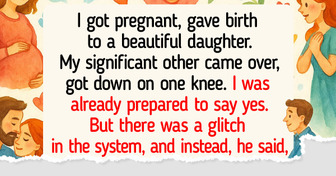Many little kids keep feeling shy in front of elderly people, doesn't matter how much you tell them not to. I guess, it's just a question of time :)
What Loving Parents Need to Teach Their Children (Advice for Kids From 1 to 18 Years Old)
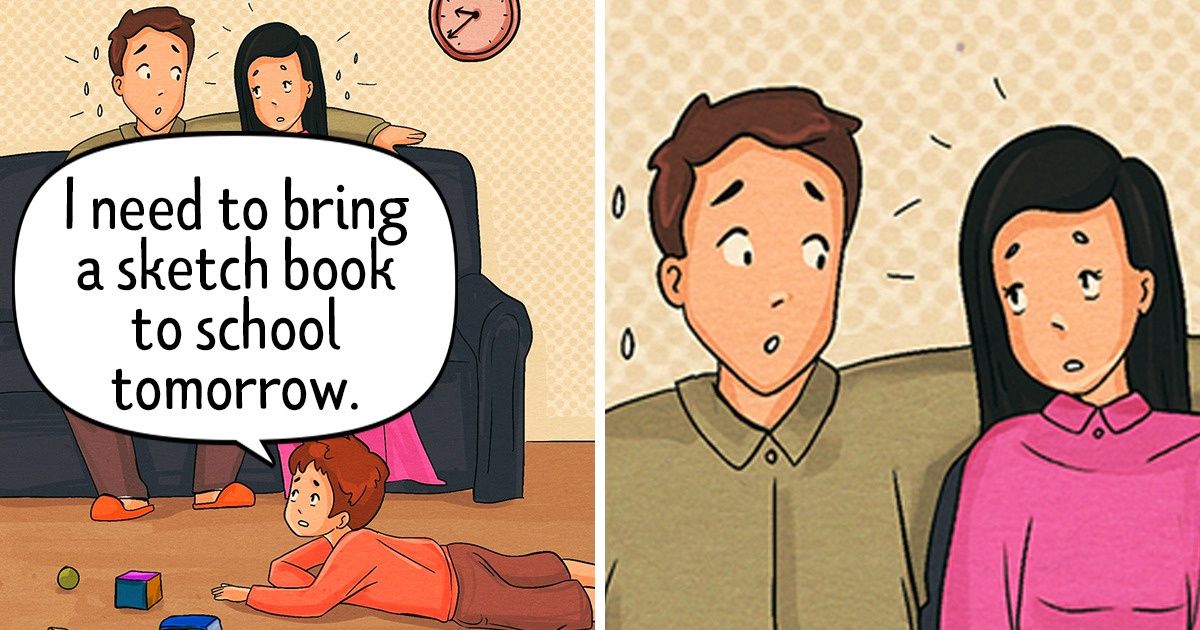
Publicist and religious leader William Channing was correct when he said that raising a kid requires more heartfelt thinking and deeper wisdom than managing a country. The art of child-rearing can be difficult, even for experienced parents, because there are so many things to teach your kids before they grow up. Additionally, you will have to lead by example when showing them the good things and the proper habits that you want them to learn.
Bright Side compiled a list of important and not so obvious things that children of a certain age should know about and should be able to do.
Up to 5 years
-
How to cope with failures and anger.
-
How to be able to forgive others and themselves.
-
How to be able to come to agreements with other kids and even with adults.
-
To be self-sufficient.
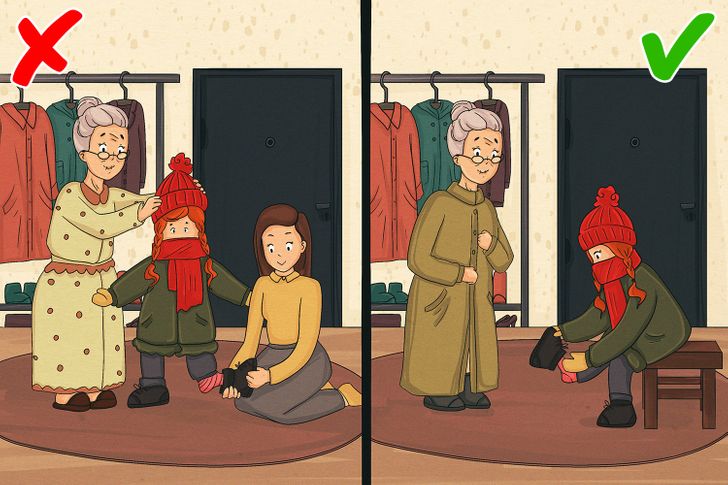
-
Make sure they know their home address.
-
Ensure they don’t talk or go anywhere with strangers.
-
To eat healthy food (and to avoid foods that they are allergic to).
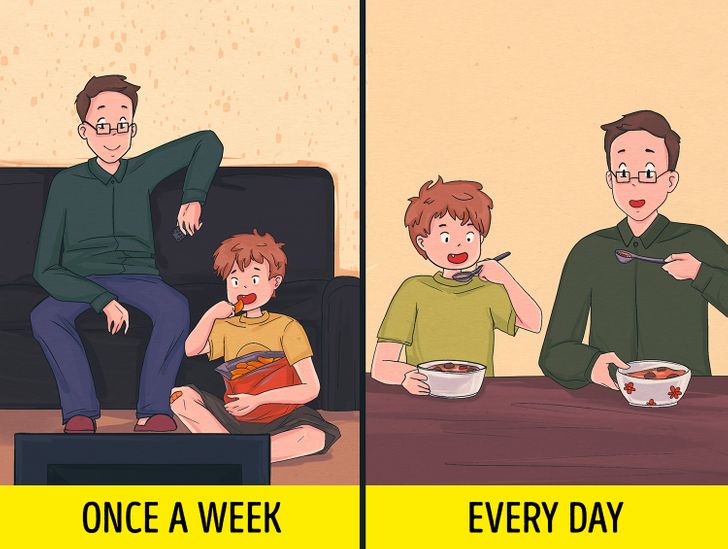
-
To not feel shy in front of adults and elderly people.
-
To not be afraid to ask questions if there is something they don’t know.
-
How to take responsibility for their own actions.
6–8 years
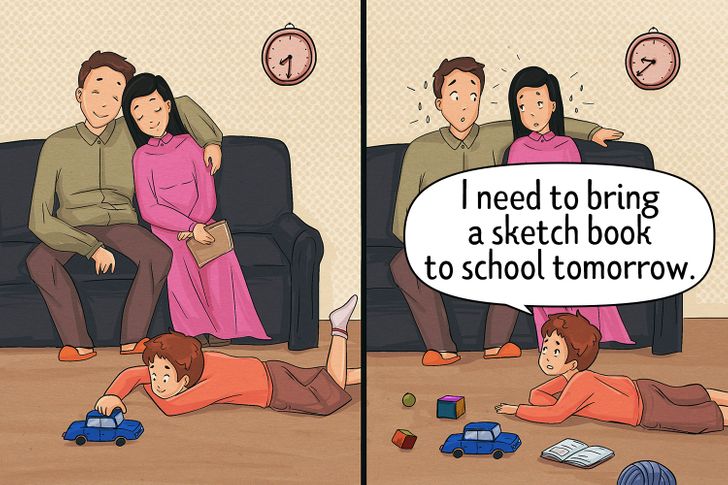
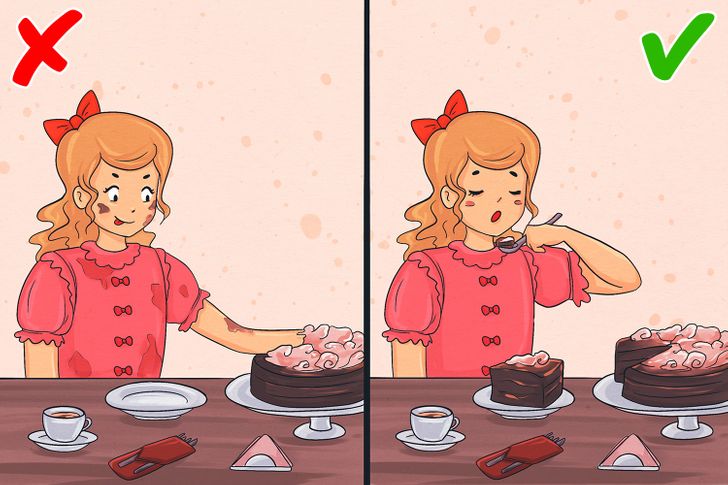
- How to be able to search for information in books and on the internet.
- How to not to say everything that comes to mind, because it could offend someone.
- How to protect the environment and take care of animals.
- To know their parents’ phone numbers by heart.
9–12 years
- How to be able to distinguish needs from desires that disappear quickly.
- How to be optimistic, but not to look at the world through rose-colored glasses.
- To find a hobby and try to succeed in it.
- To dress appropriately.
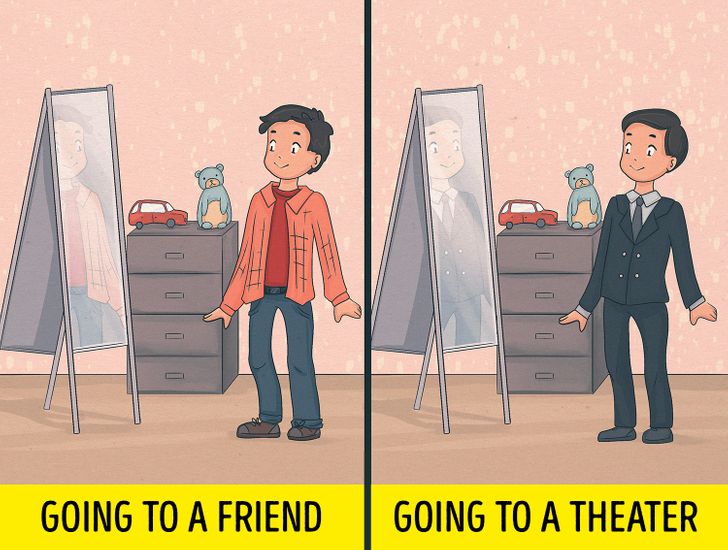
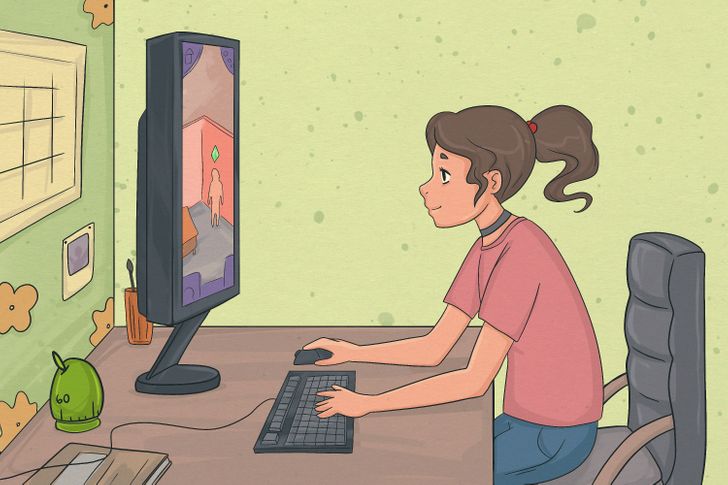
13–15 years
- To be aware of how alcohol and drugs can harm them.
- To be able to navigate around the city and avoid dangerous areas.
- To use public transportation alone.
- To accept their appearance and not just find imperfections in it.
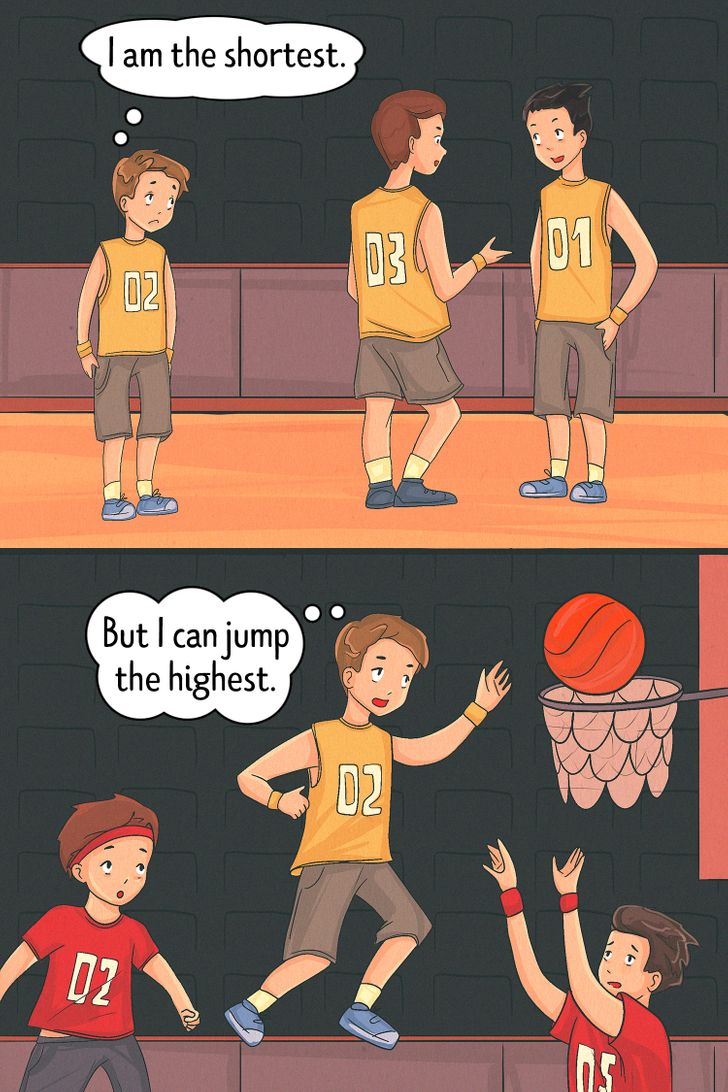
- To take care of their friendships.
- To know how to express their feelings to the opposite gender.
- To say they’re sorry when they’re wrong.
- To be able to save money and spend it reasonably.
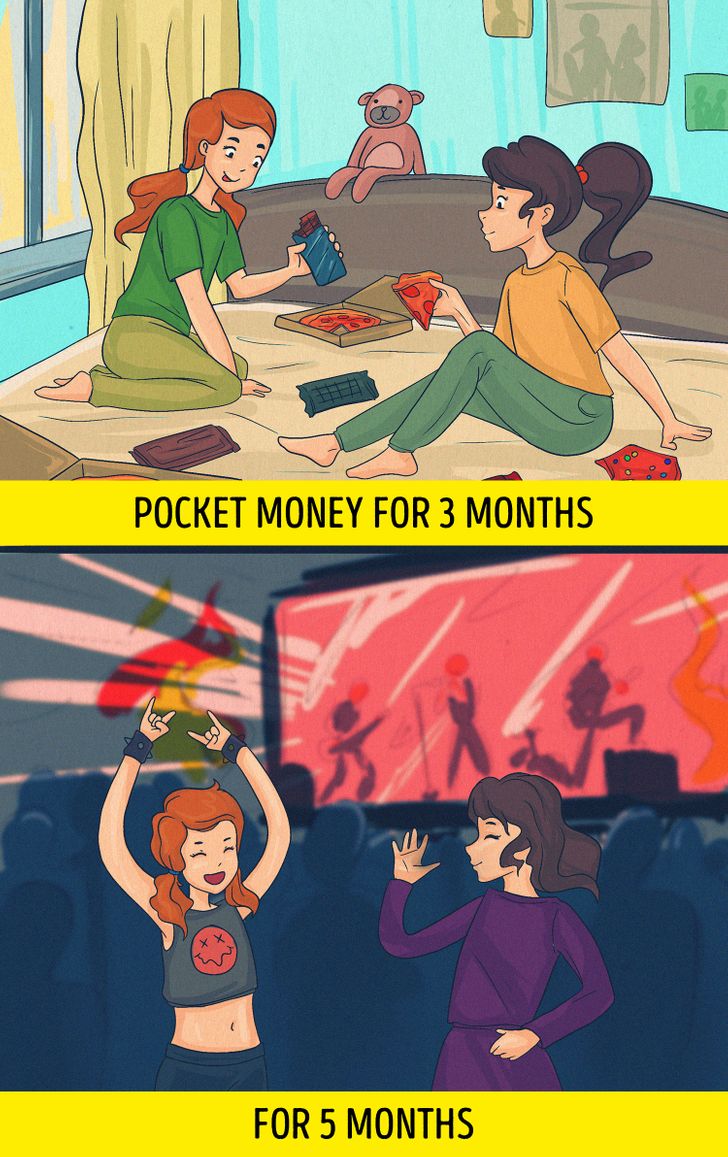
- To be self-confident but not suppress others.
- To treat service personnel respectfully.
- To understand how depression appears, what consequences it can have, and how to fight it.
16–18 years
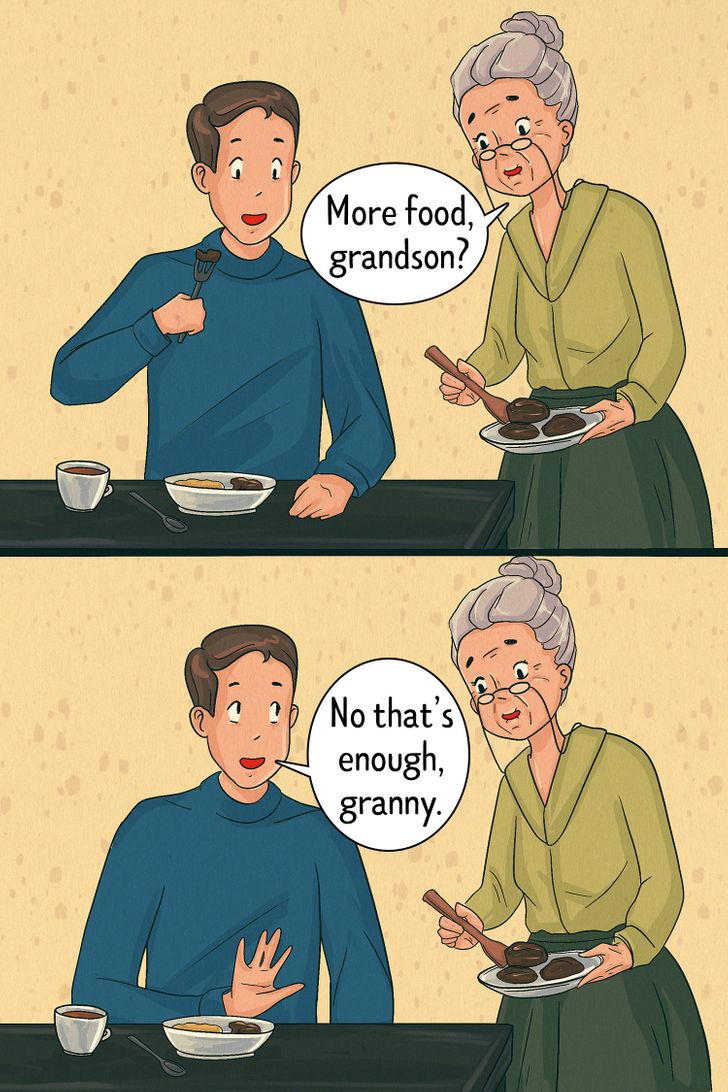
- How to calculate their strength.
- How to cope with their study load and emotions independently.
- How to know their strengths and weaknesses.
- How to think about their future and occupation.
- To try volunteering as a side job.
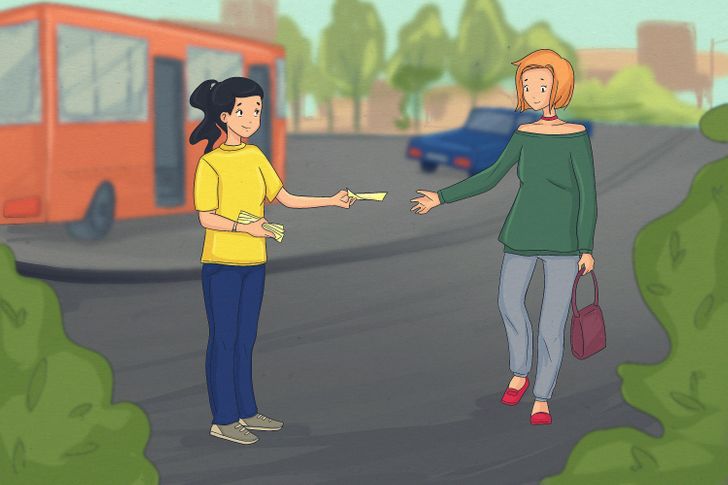
- To know about safety rules during intercourse.
- How to understand their own feelings and the feelings of others.
Do you agree with these pieces of advice? Are you aware of any other tips? We would be glad to hear from you in the comments!
Comments
I was a very shy bot when I was little, nothing could help me, I just kept hiding behind y mom. At the age of 5 it actually stopped and now I'm not shy at all, in fact I like getting attention from other people :)
I think you need to tell your kids about the harm of the alcohol, smoking and drugs way earlier, than at 13-15 years, but when they are younger, at the age of 8-10. At this age they still take everything their parent says very seriously and the info will stay in their mind and a good warning, At the age for 13 starts the transition age, and many kids prefer to follow the example of their friend and try to look cool, instead of listening to their parents.
Agree with all of them, teaching your kid how to make their won decision (and not to make it for them instead) is something every parent should understand and do for their kid.
I think, the explanation of how to understand the feelings of others needs to be done earlier, at the age of 15 or so, when the personality gets formed.
Related Reads
If You Have These Characteristics, You Are a Mentally Strong Person
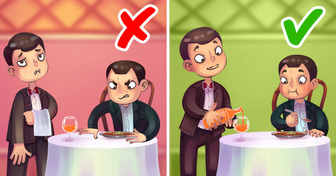
8 Things for Kids That Experienced Parents Wouldn’t Be Caught Dead Buying

10 Illustrations That Show Just How Much the Internet Has Changed Our Lives
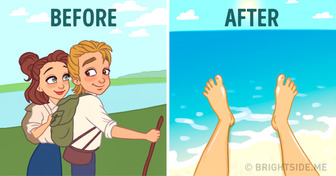
16 Stories That Prove Marriage Is Really Fun

12 People Share Their Most Disturbing True Stories, and We’re Thankful They Didn’t Happen to Us

15 Husbands Whose Wives Definitely Don’t Regret Saying “I Do”

20 Married People Who Let Us Peep at Their Coupledom, and It’s Total LOL Land

14 People Talk About Strange Things That Happened to Them That Can’t Be Logically Explained

20 Classic Aspects of Parenthood That Only Moms Will Understand
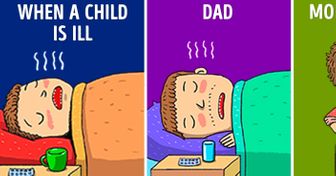
My Husband’s Wedding Speech Was Meant to Be Romantic—It Became My Wake-Up Call Instead

15+ People Who Found Out Their Partner Was Living a Lie

16 Times a Marriage Proposal Went Hilariously Off-Script
